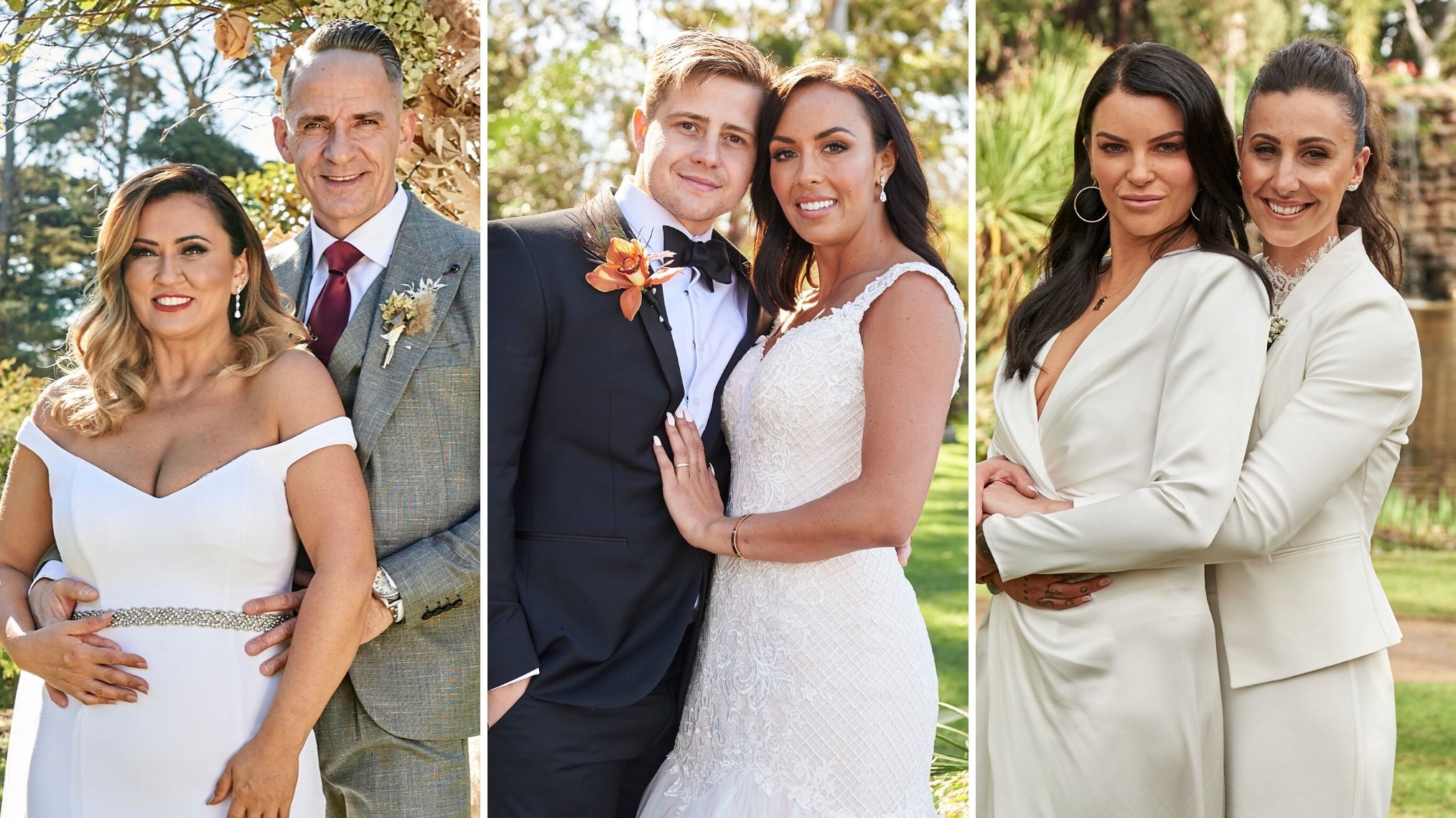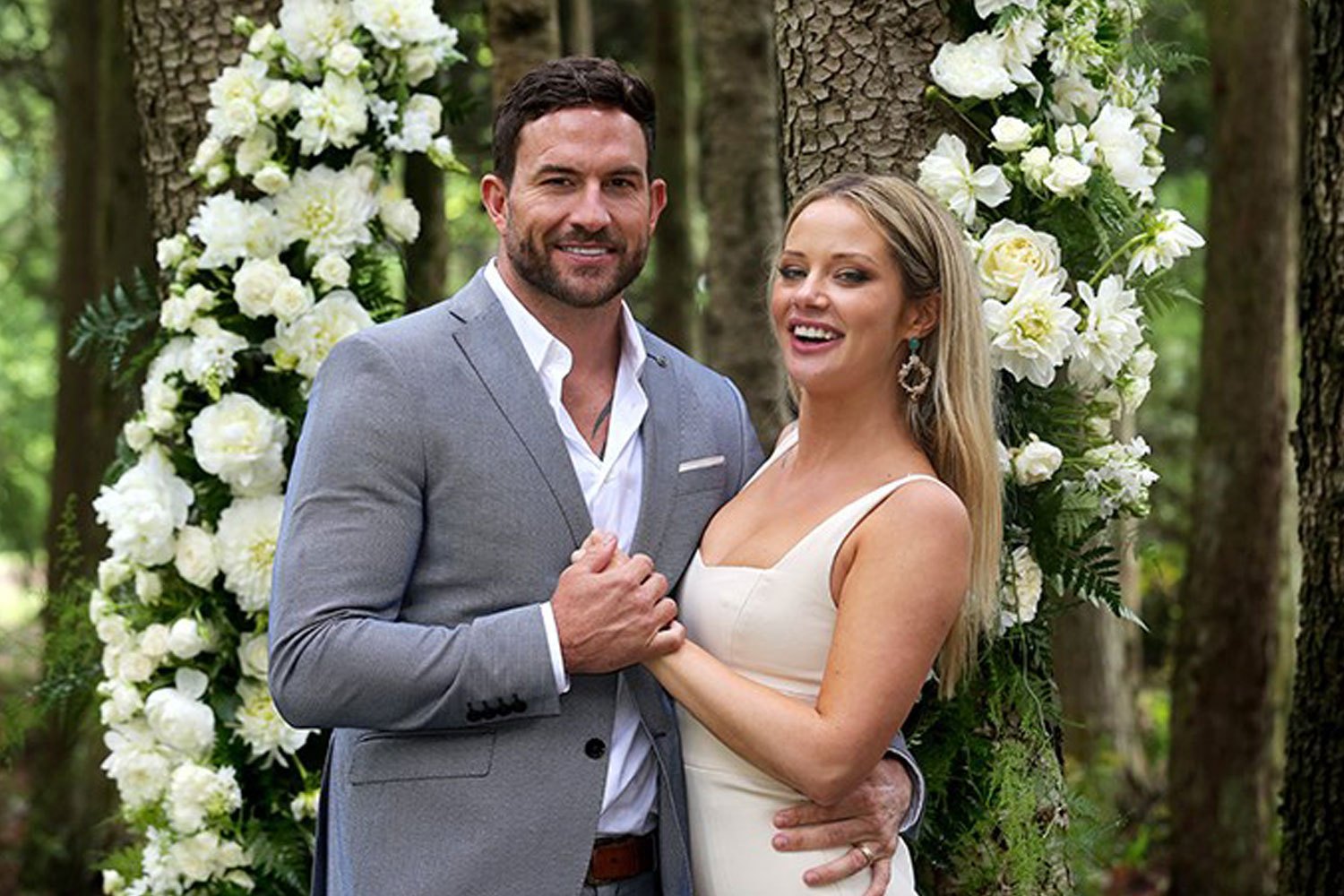Ever heard of Married At First Sight Australia? It's a reality TV show that's super popular, but the concept can seem a little crazy at first. Let's break it down.
What's Reality TV?
First, what is reality TV? It's a genre of television programming. Real people are filmed in unscripted situations. Think of shows like Survivor or The Bachelor. The goal is to create drama and entertainment by showcasing real-life interactions and challenges.
The Core Concept: Arranged Marriage... Kind Of.
Married At First Sight Australia takes the idea of an arranged marriage and modernizes it. But it's not *exactly* an arranged marriage in the traditional sense. In traditional arranged marriages, families usually select partners based on factors like social status, wealth, and family connections.
In this show, the "arranging" is done by relationship experts. These experts (usually psychologists, relationship coaches, and sometimes even spiritual advisors) interview a group of single people. They assess their personalities, values, and desires in a partner.
The experts then try to match people who they believe will be compatible. The catch? The participants don't meet their match until they're walking down the aisle!
Defining Key Terms
Let's define some key terms to make things clearer. Arranged Marriage: A marriage where the families or other third parties select the spouse. Compatibility: The ability of two people to get along well together. Relationship Expert: Someone with specialized knowledge about relationships, like a psychologist or therapist.
The Experiment: A Crash Course in Marriage
Once the couples are matched, they get married in a legally binding ceremony (though the legal validity sometimes varies depending on the specific season and jurisdiction). This is a real wedding, with vows, a reception, and everything! After the wedding, the couples go on a honeymoon, just like any newlyweds.
Then comes the real experiment. The couples move in together and live as husband and wife for several weeks. They face everyday challenges like grocery shopping, paying bills, and meeting each other's friends and family. It's like a super-speedy version of a regular marriage.
During this time, the couples participate in weekly commitment ceremonies. At these ceremonies, each person decides whether they want to stay in the experiment or leave. They write "stay" or "leave" on a card. If both choose to "stay," they remain in the experiment for another week. If one person chooses to "leave," then the couple leaves the experiment.
The Drama Factor
Of course, it wouldn't be reality TV without drama. Living with a complete stranger, especially when you're expected to act like a married couple, is bound to create conflict.
Imagine having to share your bathroom with someone you just met! Or trying to agree on what to have for dinner every night. Small disagreements can quickly escalate into major arguments, especially when cameras are rolling.
The show also features other couples in the experiment. This creates opportunities for even more drama. Participants might compare their relationships to others, develop crushes on other people's partners, or get caught up in gossip and rumors.
Expert Intervention
Throughout the experiment, the relationship experts provide guidance and support to the couples. They meet with them individually and as a couple to discuss their progress, address any issues, and offer advice.
However, the experts can't force anyone to stay together. Ultimately, it's up to the couples to decide whether they want to make the marriage work. The experts can only provide tools and insights, not guarantee a happy ending.
The Final Decision: Stay Together or Split Up?
At the end of the experiment, each couple must make a final decision. Do they want to stay married and continue building a life together? Or do they want to get a divorce and go their separate ways?
This decision is often difficult and emotional. Some couples have formed genuine connections and are committed to making their marriage work. Others have realized that they are simply not compatible and are better off apart.
The show follows up with the couples after the experiment ends to see how they are doing. Some couples are still together, while others have divorced. It's a mixed bag, which reflects the reality of relationships in general.
Why is it so Popular?
So, why is Married At First Sight Australia so popular? There are several reasons. First, it's a fascinating social experiment. People are naturally curious about relationships and how they work. The show provides a unique glimpse into the challenges and rewards of marriage.
Second, the show is full of drama and entertainment. The conflicts, the love triangles, and the unexpected twists keep viewers hooked. It's like watching a real-life soap opera.
Third, the show offers a glimmer of hope. Despite all the drama, some couples do find lasting love. This gives viewers a sense that anything is possible, even in the most unconventional circumstances.
Ethical Considerations
It's important to remember that Married At First Sight Australia is a reality TV show. It's designed to be entertaining, which means that producers may manipulate situations or edit footage to create drama.
Some critics argue that the show exploits people's desire for love and attention. They also question the ethics of marrying someone you've never met, especially on national television.
It's up to each viewer to decide whether they are comfortable with the ethical implications of the show. It's always a good idea to watch reality TV with a critical eye and to remember that what you see on screen may not be the whole story. Remember!
Beyond Australia: A Global Phenomenon
While we've focused on the Australian version, Married At First Sight is a global phenomenon. There are versions of the show in numerous countries, including the United States, the United Kingdom, and Denmark. Each version has its own unique cast of characters and its own set of dramas.
The core concept remains the same: strangers get married and try to build a life together. But the cultural differences between countries can lead to some interesting variations in the way the experiment plays out.
For example, some versions of the show are more focused on the emotional aspects of relationships, while others are more focused on the practical challenges of living together. It's fascinating to see how different cultures approach the idea of marriage and relationships.
In Conclusion
Married At First Sight Australia is a wild ride. It's a social experiment, a reality TV show, and a glimpse into the complexities of human relationships all rolled into one. Whether you love it or hate it, it's hard to deny that it's a fascinating phenomenon. Now you know all about MAFS!


